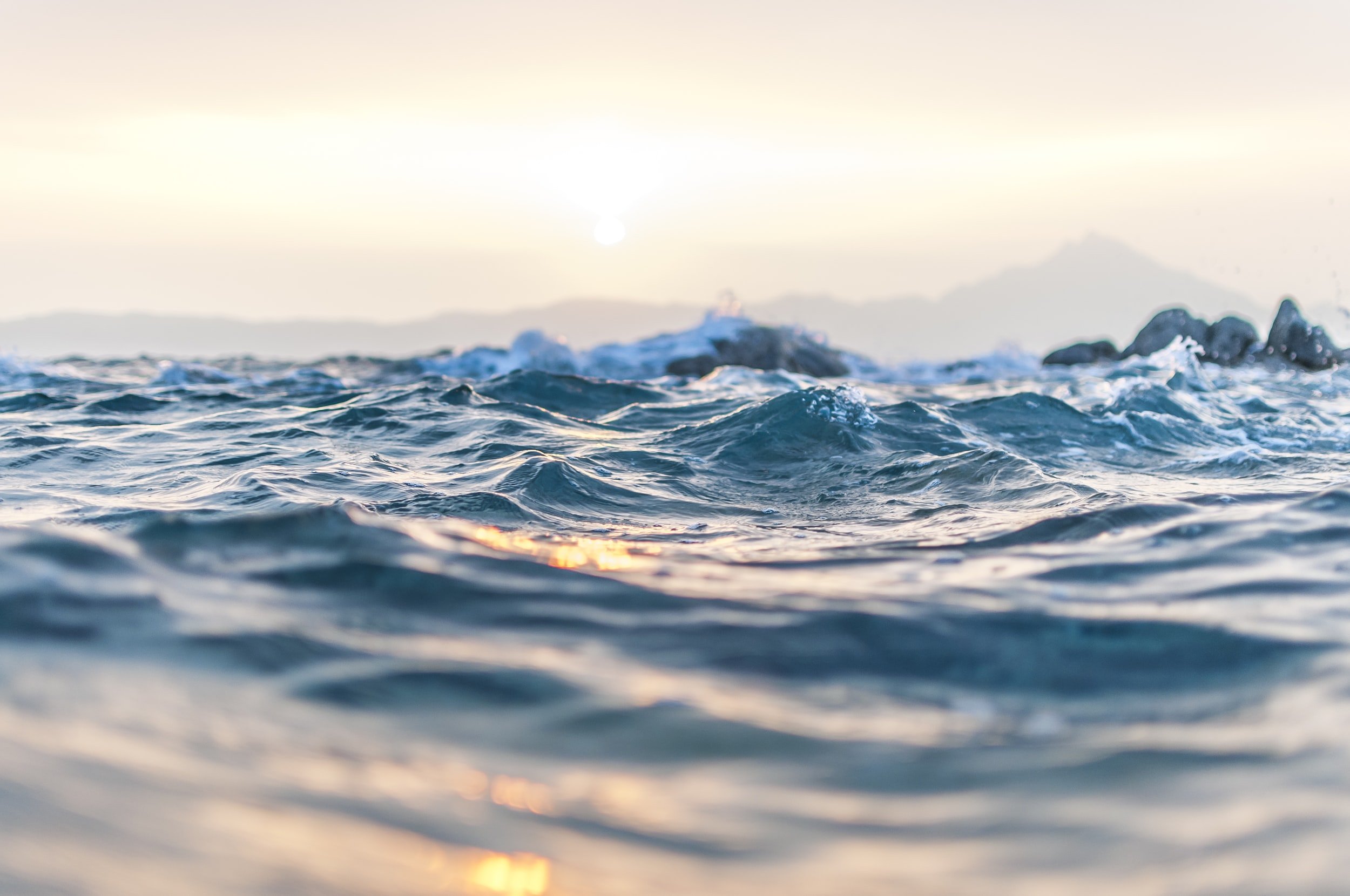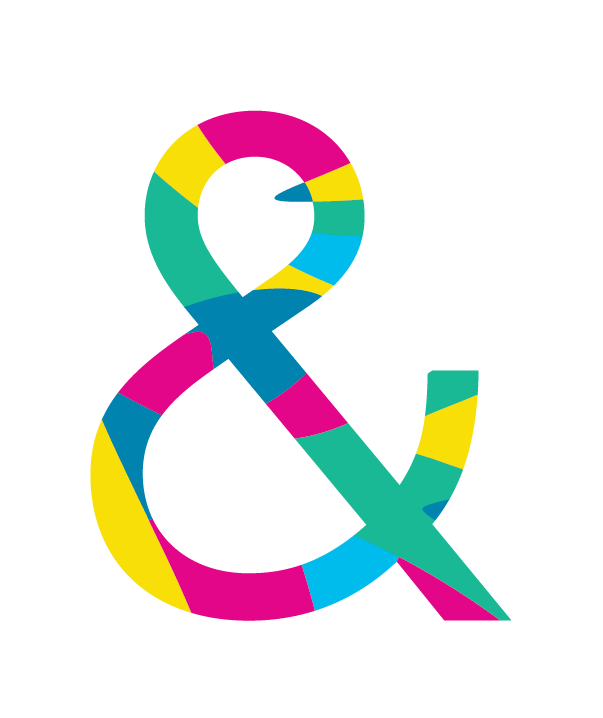
Roughly 8 million tons of plastic waste enter our oceans each year. To divert plastic from entering our oceans we need to first understand how it gets there.
And Projects teamed up with Second Muse Singapore and The Incubation Network to take part in further developing a social innovation ecosystem to address ocean plastic pollution.
We developed a tool to enable communities and stakeholders to map their local waste system and codevelop solutions to reduce ocean plastics.
Human behaviour fundamentally influences the movement of plastic. Mapping the way that households, businesses and organisations make decisions around plastic use and waste management is key to addressing the problem in a holistic and collective way.
The Ocean Plastics Mapping toolkit assists key stakeholders to bring together businesses to understand plastic waste at a local, regional and national level. It brings visibility to the problem, mapping its flow and forming a wider systematic understanding. The waste system is mapped by tracking plastic flows, identifying problems and gaps in the system and highlighting existing strengths.
By mapping the flow of plastic collaboratively we can see where and why challenges arise, identify what problems need to be prioritised and co-create interventions to help solve priority problems. This assists in developing better land-based plastic-waste management in key regions, redirecting plastic away from our oceans.
The Incubation Network’s Ocean Plastics Mapping toolkit supports this systems level change through stakeholder-led design. It forms part of a broader strategic engagement by The Incubation Network to build relationships across the plastics system and align and connect stakeholders throughout South and Southeast Asia.
Stakeholders who can use the toolkit include plastics manufacturers, transport workers, local and regional governments, waste management services (both informal and formal), producers and consumers, as well as ecosystem actors such as incubators and accelerators focussed on the circular economy.
The outcome is a clear understanding of the way the system works according to the stakeholder group, commitment to working together to solve identified problems and an understanding of possible interventions to do so.
Since its development, The Incubation Network has sent the Ocean Plastic Mapping Tool to partner entrepreneur support organisations in the region who are piloting the tool.

